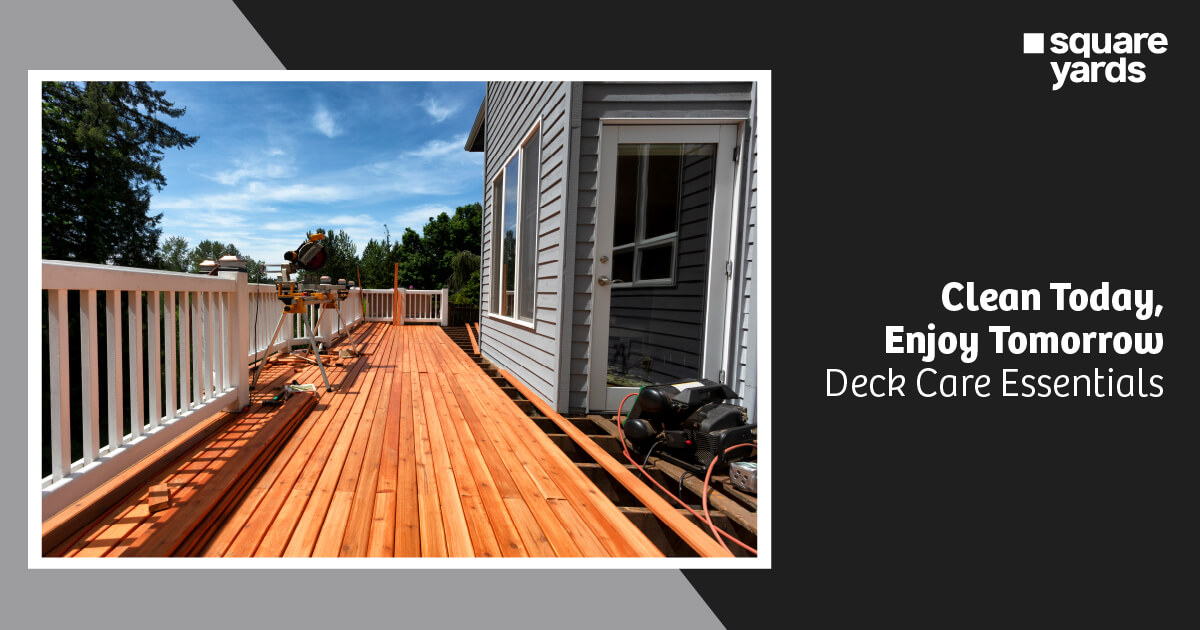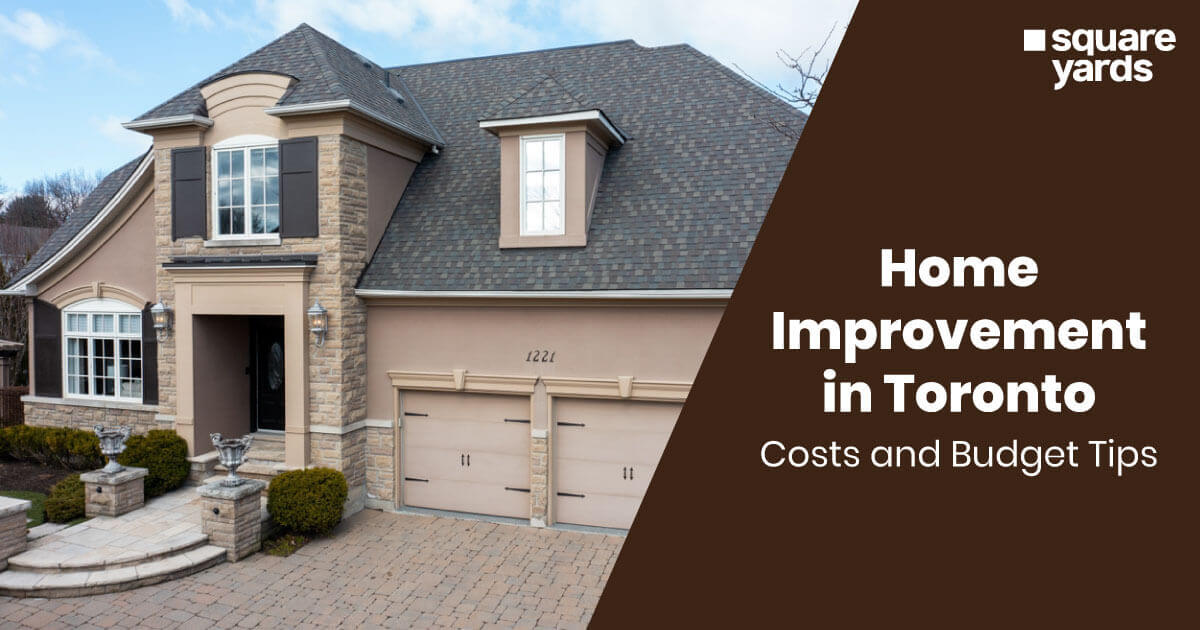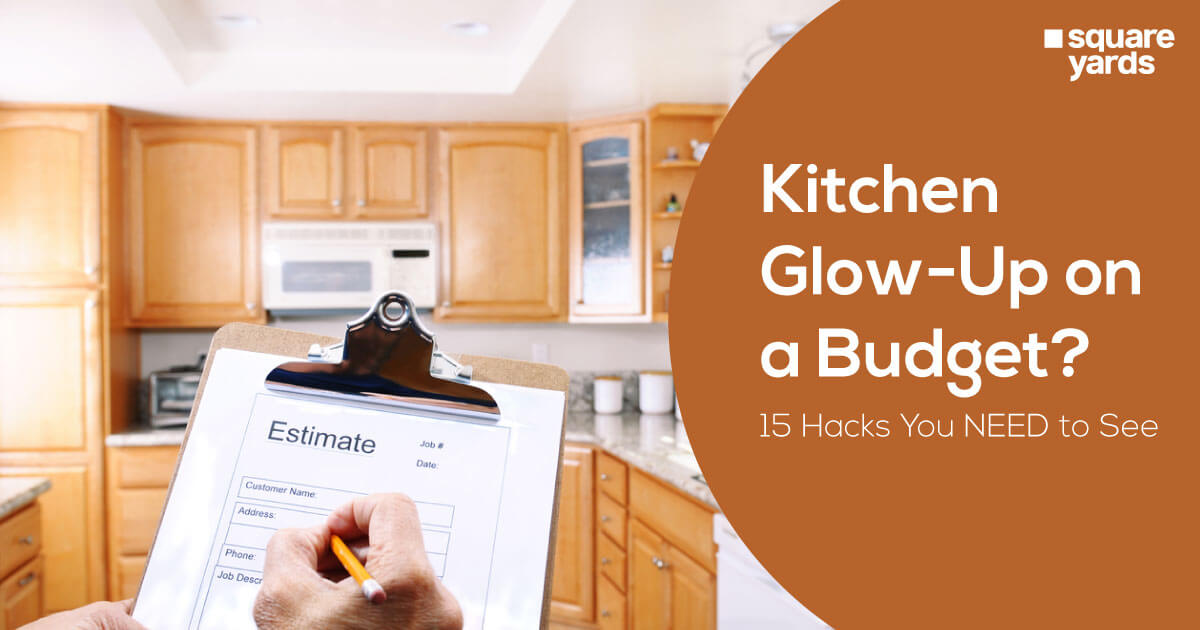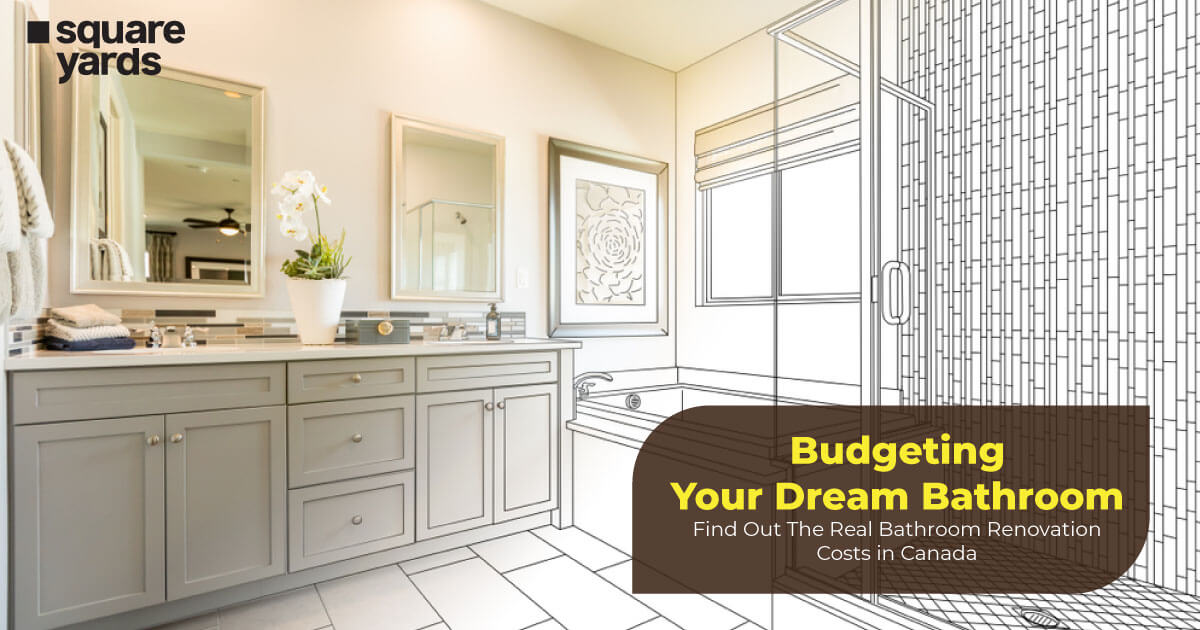When it comes time to sell your home, you want to get the best possible price. But what should you do to prepare your home for sale? And what should you leave as is? It can be tough to know where to start, but luckily, we’ve got some tips and facts about selling your home. read our list of things to do for renovate home
This blog post will help you realise what you need to fix before selling your home. Aspects such as painting furniture or walls to repairing appliances have been covered below:
Decide if You Should Renovate Before You Sell
Here are a few important aspects to help you decide to renovate home before you sell:

The cost of the renovation: The renovation cost is one of the most important things to consider. If the repairs cost more than the price of your home, then it’s probably not worth doing them.
-
- Timing : Another thing to consider is timing. If you plan on selling soon, you might not have time to complete major renovations. In that case, it might be better to focus on smaller projects that can be completed quickly and won’t affect you financially.
- Take a look at your competition: On what basis are other homeowners in your neighbourhood selling their homes? Updating your home to stay competitive may be worth it if they’ve been recently renovate home.
- Trust your gut : Ultimately, you know your home best and what will appeal most to buyers in your neighbourhood. If you think some cosmetic updates would make a big difference, go for it! But if you’re not sure, it might be best to leave things as they are.
Condition of Competing Homes For Sale
Here are a few conditions you should be aware of if you consider putting your home up for sale.
-
- The current state of the housing market: If you’re selling in a buyer’s market, you may have to accept a lower offer than you were hoping for. On the other hand, if it’s a seller’s market, you may be able to get more money for your home. Pay attention to trends in your area so you can price your home accordingly.
- The condition of your home: If your home needs repairs or updating, it will likely sell for less than a comparable home that is move-in ready. Homes will also turn potential buyers off with too much clutter or personalization. Be sure to declutter and depersonalise before putting your home on the market.
- The location of your home: Homes in desirable neighbourhoods typically sell for more than homes in less desirable areas. If you live in an area with good schools, proximity to amenities, or low crime rates, this will work in your favour when selling your home.
- The size of your home: Generally, larger homes sell for more than smaller ones. But this isn’t always the case, as it depends on the supply and demand in specific neighbourhoods. For instance, if your neighbourhood has a paucity of large homes, you can get a high price for yours if there is a lot of buyer interest.
- The age of your home: Newer homes will typically sell for more than older homes, but this isn’t always the case, depending on the neighbourhood and market conditions. In some areas, buyers are willing to pay more for an older home because it has character and history that newer homes lack.
- Your motivation for selling: If you need to sell quickly, you may have to accept a lower offer. On the other hand, if you’re not in any hurry, you can hold out for a higher price. Be realistic about what motivates buyers when pricing your home.
State of The Real Estate Market
Here’s a look at the current state of the real estate market:
-
- Inventory: There are more homes for sale than last year, but still not as many as before the housing crash. This means that buyers have more options, but also that the competition is stiffer.
- Prices: Home prices are rising, but at a slower pace than last year. This is good news for sellers, as their home is likely to appreciate. However, it also means that buyers will be looking for deals.
- Interest Rates: Mortgage interest rates are still historically low, which is good news for buyers looking to finance their purchases. However, they are expected to rise in the coming months, so now may be a good time to buy while rates are still favourable.
- Days on the market: The average number of days a home is on the market before being sold.
State of Your Home
Here is a rundown of what to fix—and not fix—before selling your home:
-
- Safety hazards : Any potential safety hazards should be fixed before putting your home on the market. When it comes to repairing your home, DIY isn’t always possible. You should call in professionals to deal with any latent issues around home fixing, such as mould, mildew etc.
- Structural problems : Any structural problems with your home, such as a leaking roof or cracks in the foundation, must be fixed before selling. Not only will buyers be turned off by these issues, but they can also result in costly repairs down the line.
- Outdated features : If your home still has old-fashioned features like popcorn ceilings or brass fixtures, consider home fixing by updating them before selling. These simple changes can give your home a more modern feel and appeal to a wider range of buyers.
- Curb appeal : First impressions are important, and curb appeal may help! Make sure that your landscaping is in order.
Increase The Value of Your Home with Renovations
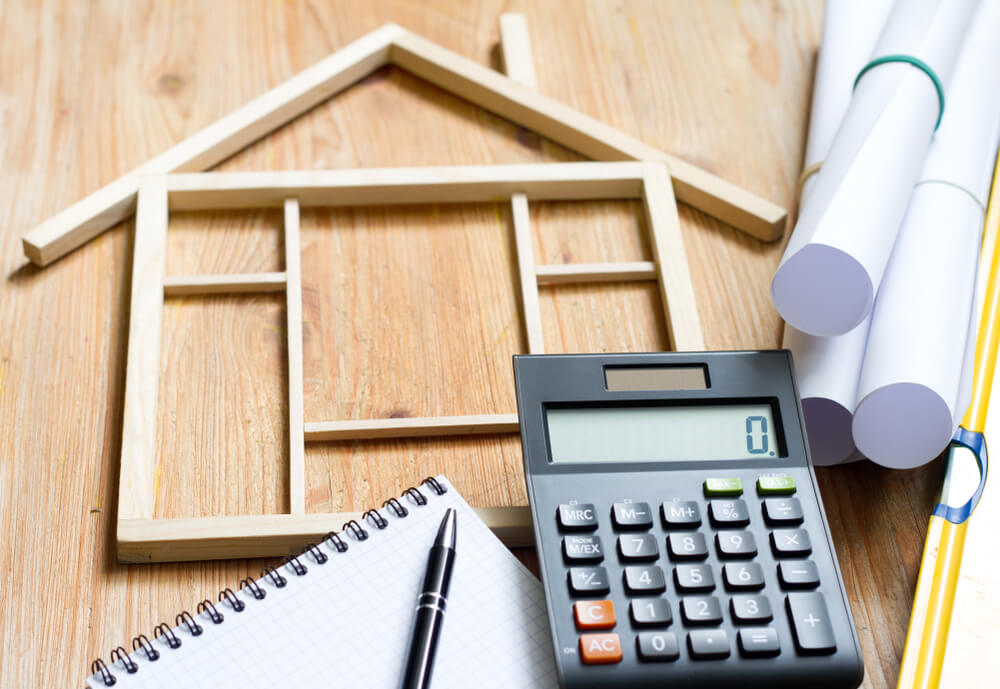
There are many ways to increase the value of your renovate home with the help of home renovation, such as:
-
- Updating the kitchen with new appliances, countertops, and cabinets
- Renovating bathrooms with new fixtures, tiles, and vanities
- Adding fresh paint throughout the interior and exterior of the home
- Refinished hardwood floors or new carpeting
- Updated light fixtures and plumbing fixtures
- A new roof or energy efficient features etc.
Things to Fix Before Selling Your Home
You must be aware of the various aspects that you must fix before selling your renovate home
-
- Leaky faucets and running toilets : Repairing or replacing these fixtures will make your home more appealing to potential buyers.
- Cracks in the walls or ceiling : Small cracks may not seem like a big deal, but they can be a turn-off for buyers looking for a move-in ready home. Repairing these cracks will give your home a much neater appearance, making it an important aspect of home renovation.
- Peeling paint : This is another problem that can be easily fixed, as it will make a big difference in the overall appearance of your home. Simply sanding down and repainting areas where the paint is peeling will give your home an instant facelift.
- Dirty carpets : If your carpets are stained or look dirty, it’s time to replace them or have them professionally cleaned. This is one area where potential buyers will take notice, so it’s worth investing in new carpets or a good cleaning service when home fixing.
- Outdated light fixtures : Your house may seem ancient if it has old fixtures. A simple approach to giving your house a new look is to upgrade the fixtures to more contemporary ones.
- Get rid of clutter : This includes anything from piles of clothes to stacks of books and magazines. This will make your home appear more spacious and thus more appealing.
- Clean every inch of your home, from top to bottom : This includes scrubbing the floors, dusting the furniture, and washing the windows. A clean and renovate home will show buyers that you take pride in your property and that it has been well cared for.
- Take care of any landscaping issues : Tasks like these include pruning the hedges, mowing the grass, and planting flowers and other types of vegetation. When prospective buyers pull up to your house, you want them to see a clean and welcoming property.
Things Not to Fix Before Selling Your Home
If you’re considering selling your home, there are a few things you shouldn’t have to fix before putting your house on the market. This will avoid unnecessary expenses and save time on your end. A few of these aspects are listed below:
-
- Renovate home can be costly : But you can always save money by not fixing a few things before selling your home:
- Don’t try to fix everything : focus on the most important things that will help improve your home’s curb appeal and make it more attractive to buyers.
- Don’t spend on unnecessary upgrades : buyers are typically only willing to pay for cosmetic upgrades they can see, so don’t waste your money rewiring or re-plumbing unless necessary.
- Don’t neglect the outside of your home : first impressions matter, so make sure the exterior of your home is in good condition before listing it for sale. This includes power washing, painting, and repairing any visible damage.
- Don’t forget about the little things : small details can make a big difference when selling a home, so be sure to take care of things like replacing burned-out light bulbs and fixing leaky faucets.
- Don’t forget about staging : an empty or poorly staged home will likely turn off potential buyers, so take the time to stage your home in a way that makes it look its best. This may include renting furniture or hiring a professional stager.
- Don’t try to sell your home without professional help : working with a real estate agent who knows the market and has experience selling renovate home can help you get the best price for your property and avoid common mistakes that could cost you time and money.
Concluding Remarks
You should take stock of the larger picture as you near the end of the home renovation process. While you certainly wouldn’t want to waste money on unneeded fixes or improvements, you shouldn’t ignore obvious issues. Making sure your house is clean and tidy is the finishing touch before listing it for sale. That is because you want prospective buyers to have a good first impression of your house.
You May Also Read :
| Real Estate Market | Invest in Real Estate Market |
| Selling Your Home in Winter | Tips For Selling Your Home in Winter |
| Conditions For Buying a House | Include Some Conditions For Buying a House |
| Renovating Home in Toronto | Key Points of Renovating Home in Toronto |
| Home Improvements | Effective Steps of Home Improvements |
Frequently Asked Question (FAQs)
The slowest months for real estate sales are typically November, December, January, and February. This is because many people are still recovering from holiday spending and are not as interested in buying a home during this time. The market usually finds its feet in February, which is why it may be best to wait until then.
The answer depends on a few factors, such as the current state of your home, the type of renovations you're considering, and the housing market in your area. If your home needs repairs or updates, it may be worth doing some work before putting it on the market. This will help ensure potential buyers don't leave your home due to major concerns.
Some common house renovations that can add value to your home include: updating the kitchen or bathroom, adding or expanding a deck or patio, finishing an unfinished basement, and landscaping.
A competing offer is when another party makes an offer on a property already under contract with another buyer. This can happen when the first buyer's offer is lower than the seller's asking price and the seller entertains other offers.
The most expensive repair for a house is typically the roof. A new roof can cost anywhere from $5,000 to $10,000, depending on the size and pitch of the roof. Other expensive repairs include replacing the HVAC system, fixing termite damage, and repairing foundation problems.
Here is a list of things you can do to fix your house on a budget: Start with the basics. Don't forget about curb appeal. Update your kitchen cabinets. Paint your walls. Fix any broken fixtures or appliances. Clean up your yard. Get rid of clutter. Stage it right. What is the slowest month for real estate sales?
Should you renovate before you sell?
What does house renovation include?
What is a competing offer in real estate?
What is the most expensive repair for a house?
How can I fix my house on a budget?


